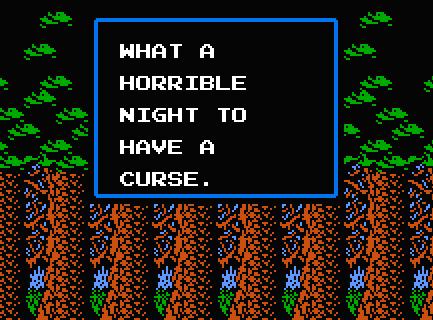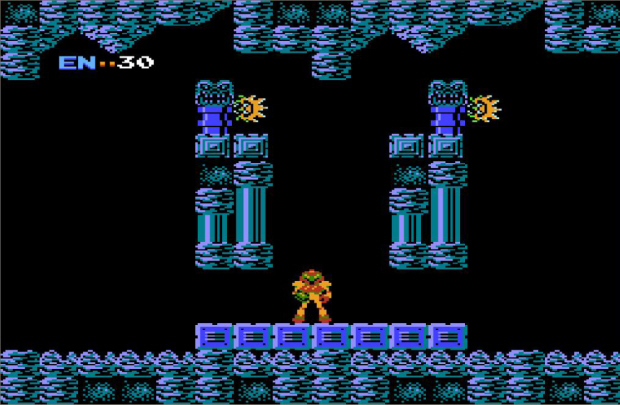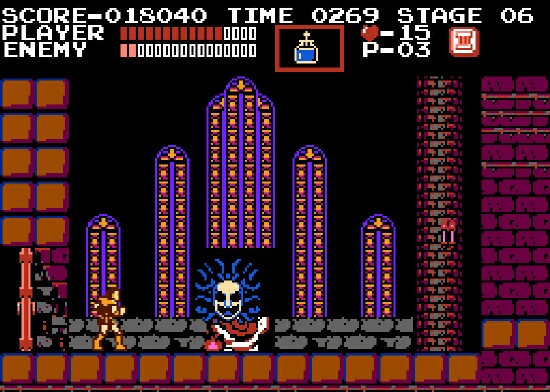Going back to the days of old, more specifically the mid 80’s, gaming was still very much in its juvenile stages. By 1985, Xanadu: Dragon Slayer II had already been released in Japan, though it never really made it over to the west. In this action-RPG, many elements of what we now know as a “Metroidvania” style game were present and for that reason, it is fair to say that Xanadu was a pioneer of the genre. In the west, we had seen the likes of Pac-Man, Q*Bert, Duck Hunt and Mario by 1985, whether it be in arcades or in the comfort of own homes, but never had we seen the innovative 2D open world that was the original Metroid. Initially released for the NES in August of 1986, Metroid combined gameplay aspects from shooters, platformers and adventure games, all wrapped up in a neat open world which gamers had never seen before. A month later, a similar game released in Japan and then made its way here in October. After being ported over to the NES, this new title, which they called Castlevania, exploded in popularity for the same reasons Metroid did. This was a world in which players could fight enemies and explore the scenery in a non-linear fashion. The two titles would go on to inspired an entire sub-genre of gaming, which was dubbed “Metroidvania” in a less-than-clever attempt at mashing the two names together.
For obvious reasons, these types of games were incredibly popular in the late 80’s and early 90’s as it offered players something they hadn’t had any experiences with before. The freedom of the open world mixed with the sheer challenge of non-linear exploration was exactly what the gaming community needed. However, as video games advanced, so did the technology, graphical abilities, and expectations of in-game story. The Metroidvania-type games should have been lost with some of its earlier brethren, right? Well, not exactly.
Thanks to the more modern sites like YouTube, older Metroidvania games are revered for their classic style and difficult gameplay. Often times when a popular Youtuber plays a time-honoured Metroidvania title, a newer group of gamers has a sudden and drastic increase in interest for the game and genre as a whole. That increase in interest is what brings on an entirely new generation of Metroidvania titles, inspired by their precursors, to sites like Kickstarter and IndieGogo. Whether you are a creator or just a backer of the projects found on Crowdfunding sites, there’s no denying that they are littered with Metroidvania-inspired titles.
Stay tuned for the next edition in my series looking at the world of Metroidvania games, in it I’ll be taking a look at why the Metroidvania genre has spiked in popularity on crowdfunding sites. Things will get wrapped up soon after with a look at the best Metroidvanias out there.






would really love a metroidvania game but with hd art with amazing animation and effects the next step beyond symphony of the night…..blocky pixel art has been done to death now
I don’t care how many times pixel art has been done. If it’s done well and the story is good I will play it!